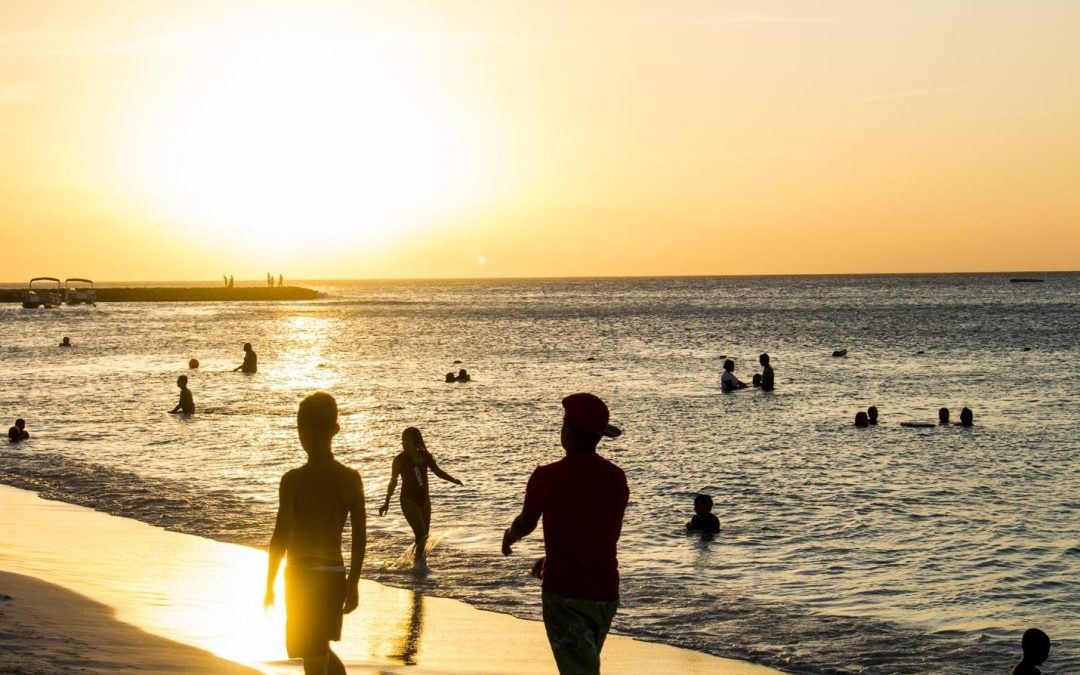Summer is close on the horizon. During the warm months, families and students are eager to bask in the sun. After a year full of Covid related restrictions on gatherings, kids are happy to return to parks and playgrounds.
As a parent, although we are excited that our children have this renewed freedom, we must also be concerned with another phenomenon: Summer Slide.
Summer Learning Loss Research
The Summer Slide, also known as summer learning loss, is a problem that has been a concern of educators since 1906. Research has shown that students lose an average of one month’s worth of school learning over the summer months. Students of low-income families and higher grades showed the most drastic decline. During summer break, there is often a decline in resources available for learning, primarily as related to reading and math.
If you are concerned with learning loss during the summer or just want to help, your child get a jump on the upcoming school year, follow these steps to help slow the summer slide.
Summer Learning Loss Prevention
School districts often offer summer learning programs designed to help keep students engaged. These types of activities may not be as coordinated for homeschool students. Usually, there are many activities in your community that can offer learning activities.
Summer learning programs offer an organized curriculum to foster learning for children during the summer months. Learning programs are developed as age-appropriate entertainment activities. In addition to the school district, summer programs may be hosted by:
- Community Organizations
- Faith-Based Organizations
- Libraries
- Parks & Recreation
- Colleges & Universities
- Camps
- Cultural Institutions
- Childcare Centers
As a homeschool parent, you may feel as though your child is learning in isolation. The homeschool program is often restricted to your child or your household without much outside interaction. Summer months offer the ability to socialize while learning.
Since my children have been able to sit and listen to others read, they have participated in our library’s summer reading program. This is something that most libraries offer for free. During the summer weeks, organized by age or grade level, children are encouraged to read books to earn prizes. Younger children can come to small groups where they are read to or do book-based activities. As my children grew older, they were able to answer book trivia for additional prizes. This program has done wonders in encouraging my kids to continue to read independently throughout the summer.
My children have also attended classes offered through Parks & Recreation or our local Boys & Girls Club. These programs are available for a small fee. The boys have taken STEM-based courses, Fitness, dance classes, and even cooking. Lessons have served as a bridge for science, math, and P. E. The boys were also able to practice social skills from interactions with their peer group.
The effects of summer learning loss can cause issues during the first months of the following school year. Rather than teaching new skills, educators must spend hours re-teaching skills from the previous year. Summer bridge programs allow students to play, socialize and remain engaged in learning throughout the summer break. Contact your local community resources to see what activities are available near you.
